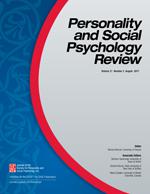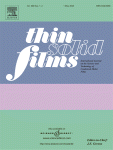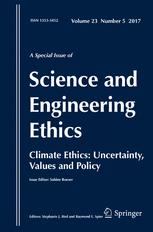 Can seeing a weapon increase aggressive thoughts and behaviors?
Can seeing a weapon increase aggressive thoughts and behaviors?
A meta-analysis on the so-called “weapons effect” has been flagged with an expression of concern by a SAGE journal, after the researchers discovered errors affecting at least one of the main conclusions.
The paper found that the presence of weapons increased people’s aggressiveness, but not feelings of anger. However, the corresponding author, Arlin James Benjamin, who works at University of Arkansas–Fort Smith, told us:
we would urge considerably more caution in interpreting the impact of weapons on behavioral outcomes based on those initial re-analyses.
Last author Brad Bushman, a professor of communication and psychology at the Ohio State University (OSU), was the corresponding author on two now-retracted papers linking video games and violence. Continue reading After losing two video game-violence papers, co-author’s weapons paper is flagged
 The week at Retraction Watch featured a the story of
The week at Retraction Watch featured a the story of 

 In one of the largest such requests we’ve ever heard of, the World Health Organization has asked 46 journals to correct articles that refer to a bone fracture risk diagnostic tool as developed or endorsed by the WHO.
In one of the largest such requests we’ve ever heard of, the World Health Organization has asked 46 journals to correct articles that refer to a bone fracture risk diagnostic tool as developed or endorsed by the WHO.


 Last month, a colleague of emergency medicine doctor
Last month, a colleague of emergency medicine doctor